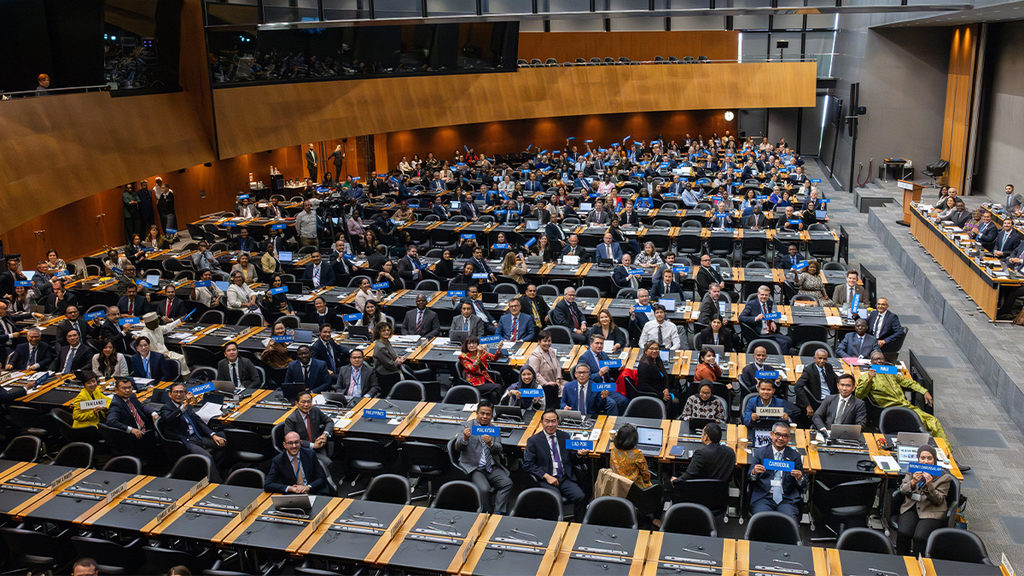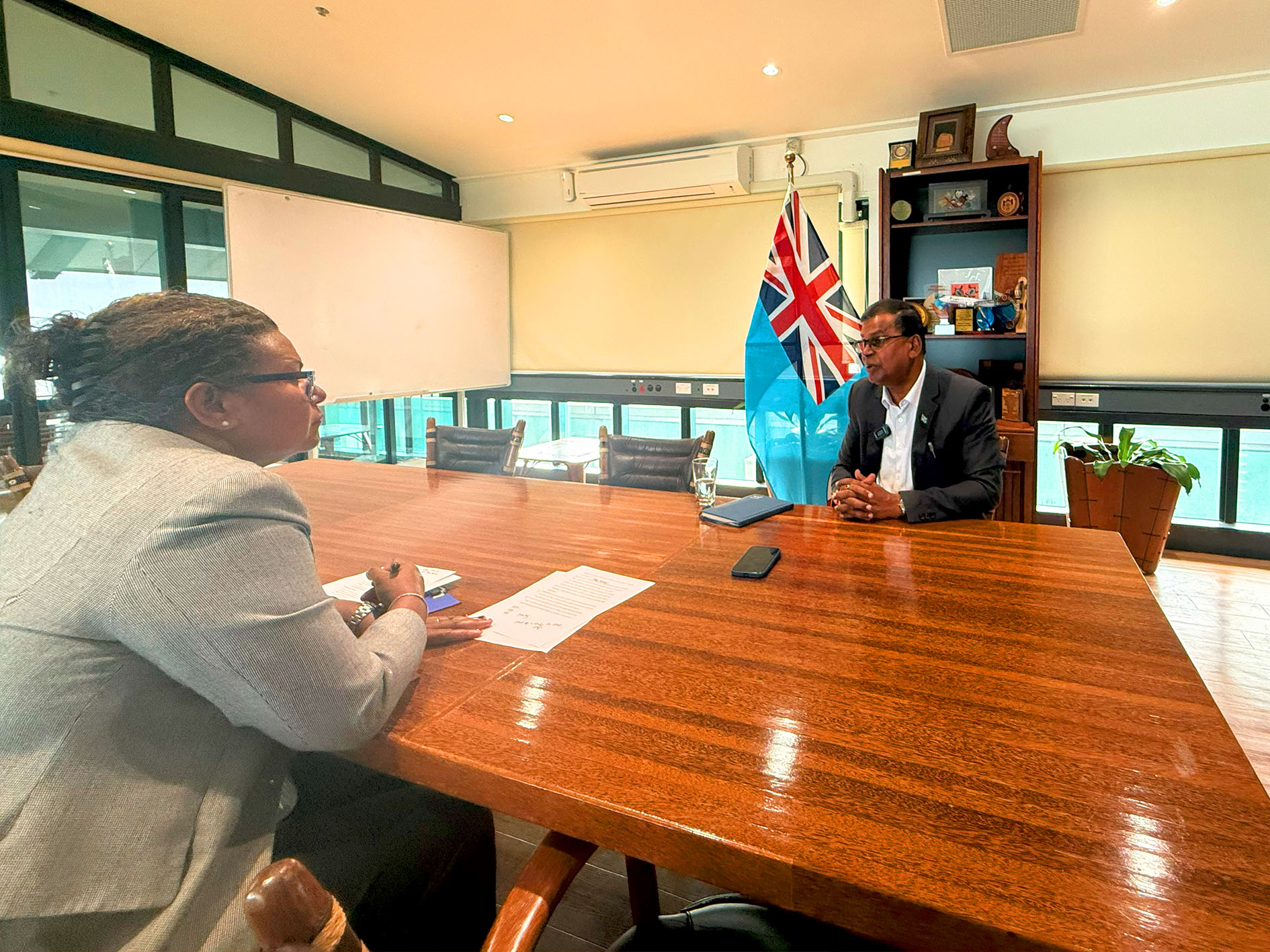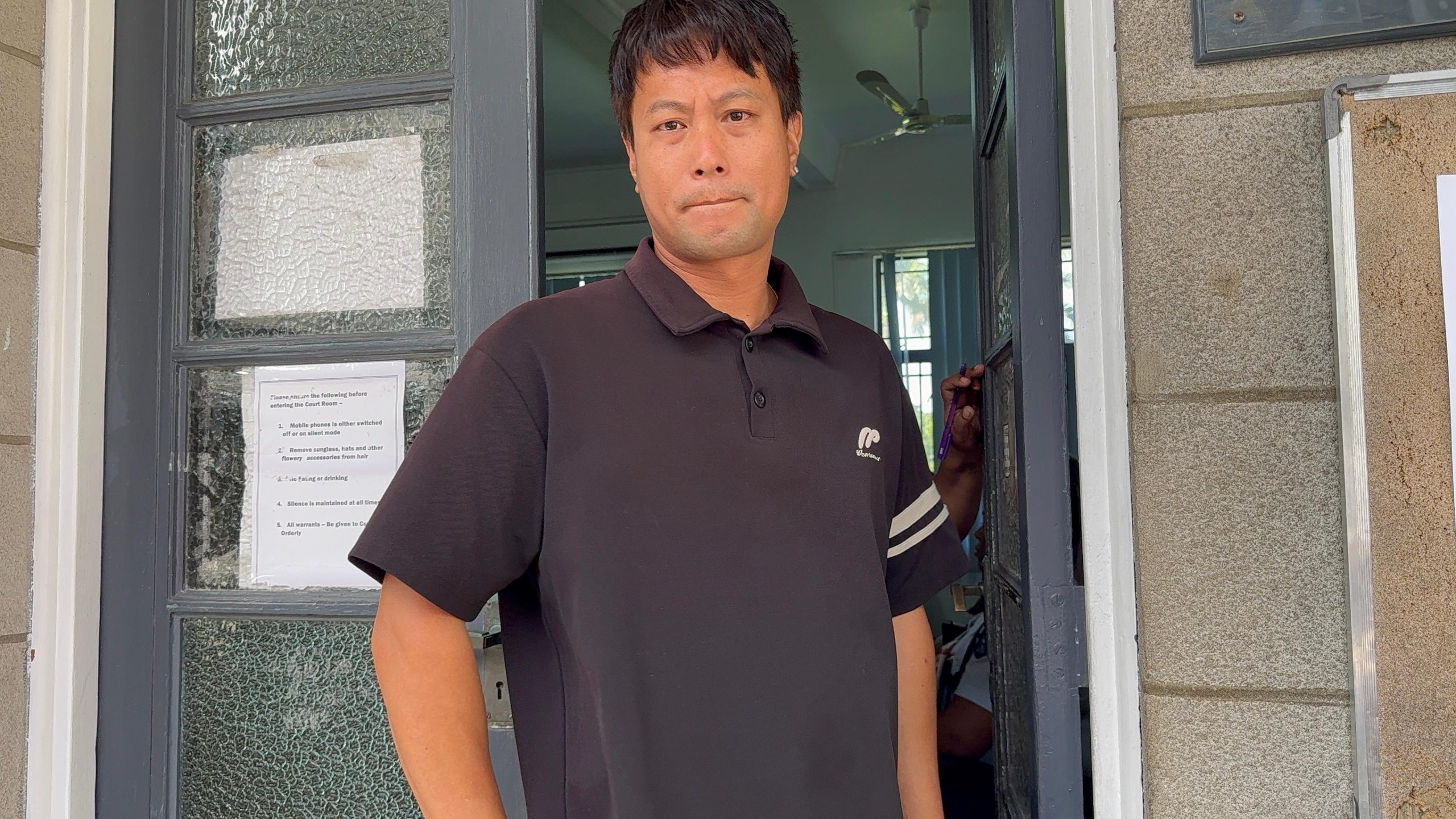THE World Trade Organization (WTO) Agreement on Fisheries Subsidies, known informally as “Fish 1”, entered into force on Monday last week, committing WTO members to curbing billions of dollars in annual spending on the most harmful subsidies that contribute to the depletion of marine fish stocks.
The Agreement on Fisheries Subsidies is the WTO’s first multilateral agreement with environmental sustainability at its core.
It prohibits government support to illegal fishing activities and overexploitation of stocks, contributing to the protection of marine life.
WTO director-general Ngozi Okonjo-Iweala thanked WTO members for their commitment to protecting the livelihoods of fishing communities around the world.
“This Agreement demonstrates how you can put trade in the service of both people and planet,” Ms Okonjo-Iweala said.
WTO members celebrated the entry of this agreement into force at a special General Council meeting last week.
At the meeting, the director-general received the instruments of acceptance of the Agreement from Brazil, Kenya, Vietnam and Tonga, bringing the total number of acceptances over the threshold of two-thirds of WTO members needed for the Agreement to enter into force.
“At a time when the international trading system faces profound challenges, the Agreement on Fisheries Subsidies sends a powerful signal that WTO members can work together in a spirit of cooperation and shared responsibility to deliver solutions to global challenges.
“The entry into force of this agreement stands as a reminder that many of the biggest challenges we face are more effectively addressed at the multilateral level.
“People and nations need a multilateralism that delivers – which is why today is so reassuring.”
Ms Okonjo-Iweala signed the official depositary notification of the Agreement’s entry into force and handed it to General Council Chair Ambassador Saqer Abdullah Almoqbel of Saudi Arabia, marking the official integration of the Agreement into the WTO legal framework.
In a statement from the WTO, Mr Almoqbel said the Agreement was a testament to the shared vision for sustainable global fisheries.
He said acceptance of the Protocol had demanded not just the engagement of ambassadors and delegates in Geneva but also involved genuine political will and careful coordination in capitals.
“It is thanks to our collective resolve and commitment that we witness its entry into force today,” Mr Almoqbel said.
According to WTO, members hailed the Agreement as a major milestone for the WTO, emphasising that it confirmed their commitment to the multilateral trading system and to a more sustainable planet.
The members also pledged to start implementing the Agreement, underscoring the key role it will play in restoring fish stocks, protecting the livelihoods of fishing communities and promoting food security.
Fiji is among the present 86 members who have formally accepted the Protocol of the Agreement on Fisheries Subsidies by depositing an ‘instrument of acceptance’.
Ms Okonjo-Iweala strongly encouraged all remaining members to complete their acceptances without delay.
Work to curb harmful fisheries subsidies was high on the agenda of the 13th Ministerial Conference (MC13) held Abi Dhabi last year in which the WTO noted the urgency of addressing what has become an “alarming” state of exploitation of global fishery.
“With around 260 million people depending directly or indirectly on marine fisheries for their livelihoods, the threat of overfishing to fish stocks worldwide is alarming,” the WTO had said prior to the meeting, where Fiji had famously led Pacific WTO member countries in a very vocal crusade against fisheries subsidies.
“It is estimated that at least 34 per cent of global stocks are overfished compared with 10 per cent in 1974, meaning they are being exploited so quickly that the fish population cannot replenish itself.
“Government funding – currently estimated at $US35 billion per year globally, of which some $US22 billion increases the capacity to fish unsustainably – continues to aggravate this dire situation by enabling many fishing fleets to operate longer and farther at sea than they otherwise could, to the detriment of marine life.”
Ahead of MC13, WTO’s work on fisheries subsidies had been advancing on two tracks, it said: first, the Agreement on Fisheries Subsidies, adopted by members at the 12th WTO Ministerial Conference in Geneva, which required requiring two-thirds of WTO members to take the formal steps to adopt what they agreed to in 2022.
It is this two-third consensus that was finally achieved last week.
A new WTO Fisheries Funding Mechanism will now be available to provide technical assistance to developing and least-developed countries to implement the Agreement’s provisions and manage their fisheries sustainably.
The second track of WTO’s work or “Fish 2″concerned the “second wave” of negotiations to formulate additional disciplines targeting subsidies contributing to overcapacity and overfishing, along with corresponding provisions for special and differential treatment to address the needs of developing and least-developed country members.
“Fish 2” negotiations are still ongoing.
—
Note: This article was first published under the headline: ‘Fish 1’ now in force in Page14 of the print version of The Fiji Times dated Monday September 22, 2025






